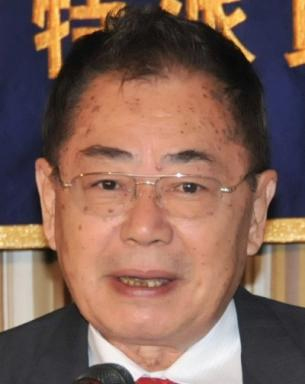Now that 12 armed opposition movements have concluded ceasefire agreements, some donor agencies and governments think humanitarian assistance to the refugees and IDPs in eastern Burma should be curbed in order to encourage return to their home areas, but more than starving them is needed to make them leave, say panelists at the Chiangmai University yesterday.
 Duncan MacArthur from Thailand-Burma Border Consortium (TBBC), that has been supporting refugee-IDP camps along the Thai-Burmese border, told some 100 listeners gathered at the Social Research Institute’s Convention Hall, “Potential triggers for voluntary repatriation will include:
Duncan MacArthur from Thailand-Burma Border Consortium (TBBC), that has been supporting refugee-IDP camps along the Thai-Burmese border, told some 100 listeners gathered at the Social Research Institute’s Convention Hall, “Potential triggers for voluntary repatriation will include:
- Troop withdrawals
- Access for aid agencies into areas of return
- Ceasefire mechanisms established between the Burma Army and the armed opposition
- Freedom for ‘go and see’ visits
- National accord reached between the government and the opposition
- Judicial and legal reforms”
Not that the ceasefire agreements have not made positive initial impacts. “There are decrease in skirmishes, limited containment of troop patrols and consultations among civil societies, armed groups and political parties. All these are taking place without involving troop withdrawals,” he said.
According to him, Bangkok, the host country, to its credit, is adopting a policy of keeping the refugees until conditions are fit for their return. Ironically, it is some donors who appear to be pushing for “coerced repatriation”.
Meanwhile, Sunai Pasuk of Human Rights Watch, blasted Western government and business firms for rushing into Burma when none of the benchmarks have been met:
- Release of all political prisoners
- Amendment of constitution
- Judicial reform
- Transparency of business engagements
- End of human rights abuses and
- End to conflict in ethnic areas
However, he did not think guarantees from/by the military was enough. “After Prem Tinsulanonda’s premiership in Thailand, there have been two more coups, in 1992 and 2006,” he said. “In both cases, the Thai Army had sworn there would be no more coups.”
Another speaker, David Tharckabaw, Vice President for both the Karen National Union (KNU) and the alliance which the KNU had helped formed, the United Nationalities Federal Council (UNFC), maintained that only “Democratic Federalism” (called by others as Federal Democracy) would ensure permanent peace in Burma.
Khuensai Jaiyen, Editor of Shan Herald Agency for News (SHAN), called for a halt to Burmese offensive in Kachin State. “Nothing justifies its continuance,” he reasoned. He also urged a time frame for the peace roadmap by both sides.
“Legislators are being invited to learn about legislative systems in Germany, Australia and even Indonesia,” he said. “They should also be invited to learn about how federalism works in countries like the United States, Germany, Switzerland and Australia. Because to most people in Burma, federalism is still misunderstood as secessionism.”



